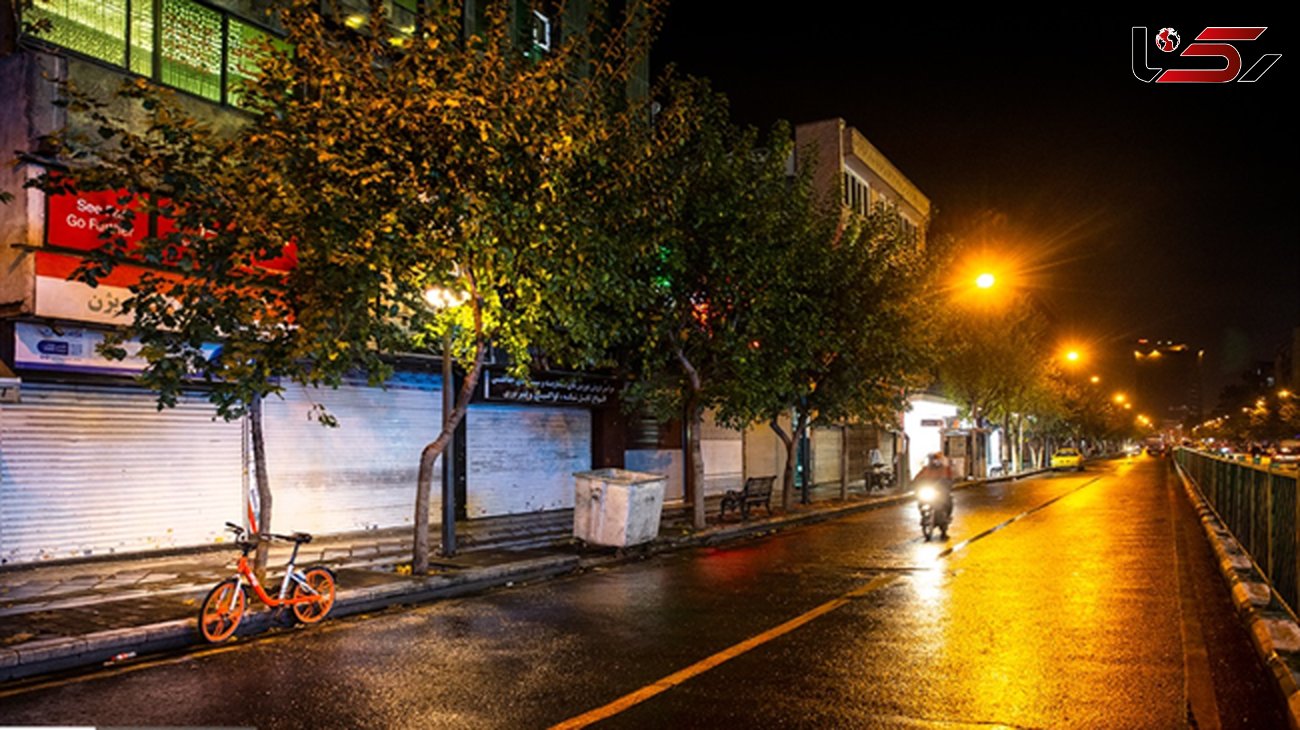Rouhani: Iran to tighten COVID-19 restrictions next Saturday
Rokna:Iran will impose stricter restrictions from next Saturday, President Hassan Rouhani said as the West Asian country hardest hit by the virus battles a third wave of COVID-19.

The toughest measures – classified by health officials as "red" or level 3 – will be imposed in the capital Tehran and about 100 other towns and cities.
Nonessential businesses and services will be shut and cars will not be allowed to leave or enter the cities, Deputy Health Minister Alireza Raeisi said in a televised media briefing, according to Reuters.
Iranian health officials have devised a color-coding system that denotes the severity of the coronavirus outbreak in the country.
"The goal is not to shut down people's businesses, but we have to set limits," Raeisi said.
Some 150 towns and cities are rated "orange" or level 2, he said.
In these, 50 percent of the employees can go to work.
In the towns and cities classified as "red", one-third of employees can go to work whereas in 155 towns where the rating is "yellow" or level 1 two-thirds of the workforce can work from their workplaces.
"Shutdowns are not limited to jobs, but also include universities, schools and training centers," Rouhani told the National Headquarters for Managing and Fighting the Coronavirus. "In the red and orange cities, training will take place remotely."
Iran reported 452 COVID-19 deaths from Friday to Saturday to tale its total to 41,034, Health Ministry spokeswoman Sima Sadat Lari told state TV on Saturday, while its total cases rose by 11,203 to 749,525.
On Friday, Deputy Health Minister Iraj Harirchi warned the number of infected and fatalities will double in the coming two weeks.
The government on Tuesday imposed restrictions for one month in major cities requiring all nonessential businesses to close at 6 p.m.
Yet in the face of a steep economic decline, Iran continues to avoid a tougher lockdown. The country is already squeezed by unprecedented American sanctions reimposed in 2018 when President Donald Trump’s administration withdrew from Tehran’s nuclear accord with world powers.
The spokeswoman said on Saturday that the tough US financial sanctions are preventing Iran from making advance payment to the global COVAX facility set up to provide COVID-19 vaccines to countries.
Food, medicine and other humanitarian supplies are exempt from sanctions.
But the US measures, which target sectors including oil and financial activities, have deterred some foreign banks from processing financial transactions with Iran deals, which Tehran says has frequently disrupted efforts to import essential medicines and other humanitarian items.
"Our country's pre-payment to participate in COVAX is underway, but due to the cowardly sanctions of the Americans and the problems in the transfer of currency, this has not happened yet," Lari said.
Iran Daily

Send Comments